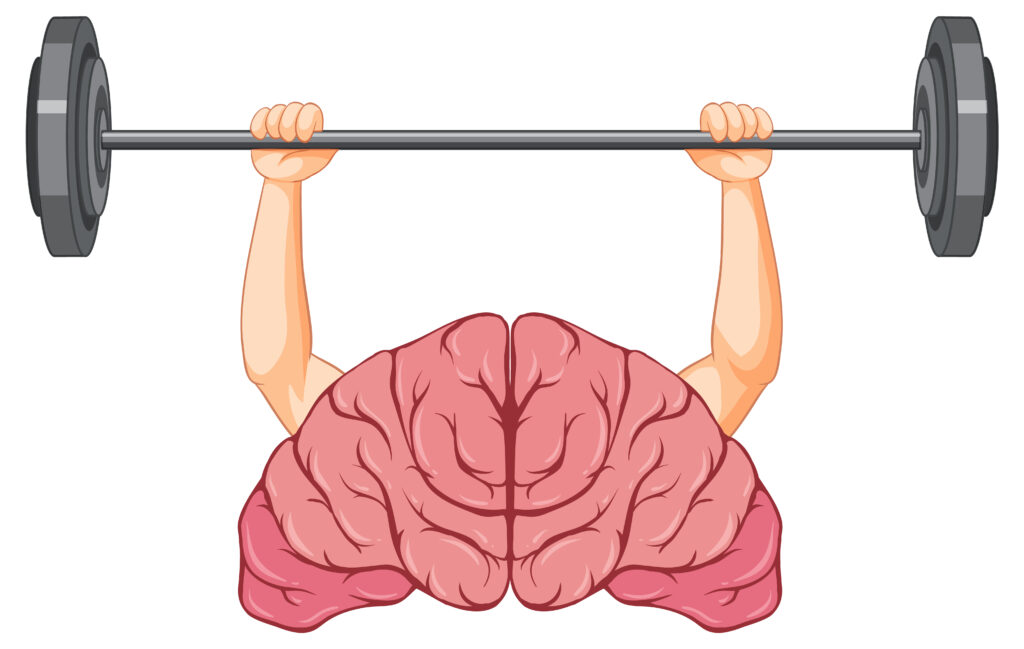Exercise isn’t just about fitting into your favorite jeans; it’s a cornerstone of overall well-being. From boosting your physical health to sharpening your mind, incorporating regular physical activity into your life offers a multitude of benefits that extend far beyond the gym.
Why Exercise Matters:

1. Physical Health
- Physical activity assists in achieving a correct weight.
- It helps you prevent conditions such as heart disease, diabetes and high blood pressure among other diseases.
- It is also very important, especially for the heart since the overall function increases with activity and blood circulation also improves.
- It boosts the body’s immune system, and thus reduces vulnerability to diseases.
2. Mental Well-being
- Exercise stimulates the freedom of feel good hormones, which are also referred to as endorphins.
- They found it helpful for countering symptoms associated with anxiety and depression.
- Exercises are important in that they help the brain to be alert and more functional.
- The recommendation implicates that exercise lowers stress hence leading to stability of emotions.
3. Increased Energy Levels
- Physical activity enhances strength and vigor through enhancement of efficiency of your cardiovascular system.
- Physical activity leads to an increase in the count of mitochondria in the cell hence increasing energy production.
- It has fatigue fighting capabilities coupled with ability to keep you active throughout the long day.
4. Improved Sleep
- Maintenance of adequate sleep is facilitated by exercise.
- Regular exercise can help you to fall asleep easier and sleep better through the night.
- Physical training might also decrease the risk for insomnia or sleep disruptions possibly originating from habitual exercise.
5. Stronger Bones and Muscles
- Loading exercises help to build up bone mass and so prevent or slow development of osteoporosis.
- Strength training involves the development of muscles and helps in preventing the prevention of deterioration of with age.
- Superior muscles enable enhanced posture besides which there is lesser inclination to have an accident.
Getting Started with Exercise
1. Find Activities You Enjoy
- It is therefore useful to select the kind of exercises you consider desirable for instance-walking, swimming or dancing.
- Try activities in groups to know what would encourage you.
- Exercising can only be sustained if it is fun to do.
2. Start Slow and Gradually Increase Intensity and Duration
- If you’re just starting to exercise, start first with light exercises.
- The intensity, the frequency, the duration and the type of exercise training should be built up gradually.
- Stay smart and be sure not to over exert yourself or cause injury to your body while exercising.
3. Aim for at Least 150 Minutes of Moderate-Intensity Aerobic Activity or 75 Minutes of Vigorous-Intensity Aerobic Activity Per Week
- In addition, it is recommended that adults should perform both muscle-strengthening activity, at least two days per week, and bone-strengthening activity, at least three days per week.
- Moderate-intensity activities such as walking, cycling or doing water aerobics count toward the goal.
4. Incorporate Strength Training Exercises at Least Twice a Week
- Strength training can be weight training such as lifting weights, using resistance bands or even doing pushups or squats.
- Exercises should cover all the large muscles of the body, such as the arm muscles, leg muscles, back muscles and abdominal muscles.
- Give your muscles a chance to relax and heal themselves between the strength building exercises.
Conclusion
Physical activity is even considered a necessary component for chronic disease prevention and leading a healthy balanced life. It increases muscle tone, aids in weight loss, increases energy, elevates moods, tones every part of your body, and gives you muscular strength. If you make a shift to exercise and add it to your favorite list, you are sure to have a number of benefits that may help improve on your ways of living. Minimize the volume of your workout timeline initially, be rigorous, and select exercises you like.
In its capacity, DrPro calls for physical work out for anyone with the intention of leading a healthy life.
FAQs
Q1. How often should I exercise to stay healthy?
You should be doing at least 150 minutes of moderate-intensity aerobic activity or 75 minutes of vigorous-intensity aerobic activity per week. Exercise such as strength training should be done at least two days in the week.
Q2. Can I exercise if I have a medical condition?
Yes but please always first talk to your doctor before you start taking up a new exercise regime, especially if you have other underlying medical conditions.
Q3. What is the best time to exercise?
The best time is when you can dedicate a specific time to keyboarding, and when possible stick to it firmly. ;Whether in the morning, afternoon, or evening – take what suits you best.
Q4. Do I need to go to a gym to exercise?
No, many effective exercises can be done at home, such as bodyweight exercises, yoga, or online workout classes.
Q5. How can DrPro support my wellness journey?
DrPro provides tools and insights to help you manage your health and track your progress, ensuring a consistent and effective exercise routine.

